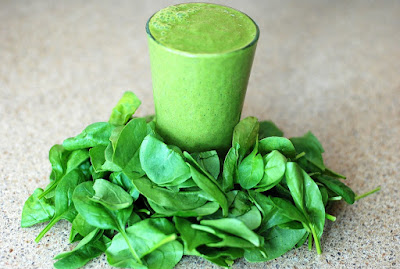Calcium is an essential mineral that is required for the development and maintenance of healthy bones and teeth, muscle function, and nerve transmission. While dairy products are a well-known source of calcium, not everyone can consume them due to lactose intolerance, allergies, or ethical reasons. Fortunately, there are plenty of non-dairy foods that are rich in calcium and can provide the recommended daily intake of this vital nutrient.
Menu Footer Widget
Designed with by Blog











0 Comments